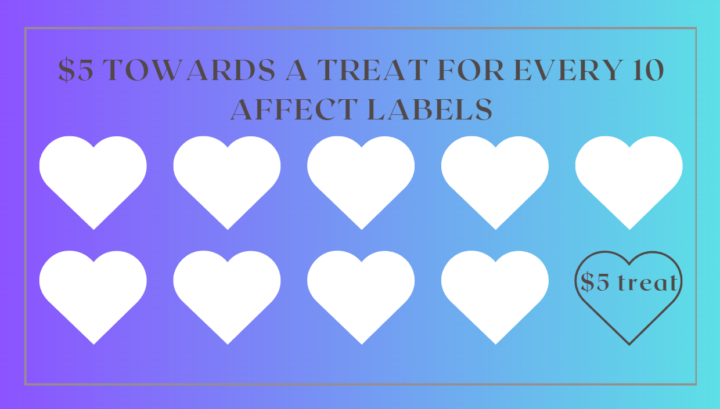Activity
Mon
Wed
Fri
Sun
Mar
Apr
May
Jun
Jul
Aug
Sep
Oct
Nov
Dec
Jan
Feb
What is this?
Less
More
Owned by Doug
To equip you to halt fights and arguments in 90 seconds or less and build strong, emotionally safe relationships at work and at home.
Memberships
War Table Arena
28 members • Free
Skoolers
190.1k members • Free
Podcastguest.io
118 members • $497/m
Cultivation Group (FREE)
423 members • Free
The Sales Dojo
620 members • Free
78 contributions to The De-Escalation Academy
“I Understand” Is a Lie #partners
When you say “I understand,” you are invalidating your partner. You cannot understand. You are not them. You did not experience their childhood, their nervous system, or their emotional reality. “I understand” is a shortcut. It signals, “I have heard enough. Let me explain my side now.” Your partner does not need you to understand. They need you to reflect. You are feeling ignored. You are feeling like I do not care about your day. You are feeling completely unappreciated. These declarative statements are the bridge across the Intimacy Gap. Stop trying to understand. Start trying to label.
Prison Riots and Kitchen Table Arguments Share the Same Biology #partners
I spent 20 years de-escalating violence in San Quentin and Folsom. I stopped a 300-inmate riot in 90 seconds using affect labeling. That is when I realized something important. A prison riot and a marriage-ending kitchen table argument share the exact same biology. The emotional storm does not care if you are wearing a jumpsuit or an apron. The amygdala hijack is identical. If this method works in maximum-security prisons, it works at home. The skill is the same. The stakes are higher.
4
0
Reasonability Debt Destroys Intimacy #partners
“I am not going to talk about this until you calm down.” You think you are setting a boundary. You are actually escalating the storm. When your partner is emotionally flooded, their prefrontal cortex is offline. Telling them to be reasonable is like telling someone with a broken leg to run a marathon. Every time you demand logic from an emotional storm, you are taxing the relationship. This is Reasonability Debt. The debt compounds. The distance grows. Eventually, you stop trying altogether. If you want a partner who listens, you must be the leader who labels. Stop trying to win the argument. Start trying to find the emotion.
2
0
The Roommate Phase Is a Biological Result #partners
You are feeling distant from your partner. Not angry. Not fighting. Just cold. You manage the house like business partners. You coordinate schedules like project managers. But the intimacy is gone. Most couples try to fix this with date nights or “better communication.” That is the wrong tool for the job. The Roommate Phase happens when emotional storms get ignored long enough that the brain stops trying. Your amygdala learns that expressing emotion leads to logic, defensiveness, or dismissal. So it shuts down. A new resource is now available in the Free Tools section: The Connection Reset. It is a one-page protocol with three affect-labeling phrases that stop the shutdown and reboot intimacy in 90 seconds. Grab it here: https://www.skool.com/de-escalate/classroom/1ac1b963?md=5e68f30215834bfc967bda1e7e05c5db
1
0
Stamp card
I had the idea of creating stamp a stamp card for myself (my daughter has been doing this to encourage herself to do certain activities) for affect labeling. It's like the loyalty cards you get at coffee shops. I'm trying to think of what kind of reward I could give myself for every 10 times I affect label someone. So far, I've come up with the idea of $5 towards a treat, but I don't know if it's the right reward. Maybe @Doug Noll could give me 5 minutes to ramble on during the Saturday sessions for every completed card. 🤣

1-10 of 78
@doug-noll-6943
I am a sophisticated peacemaker. I teach a unique set of listening skills to stop arguments cold and to calm anger in seconds.
Active 6m ago
Joined Aug 12, 2025
Prather CA
Powered by


